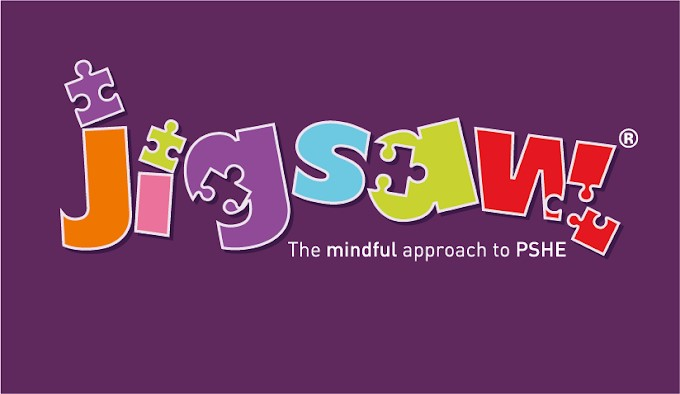PSHE

We intend to provide a high quality PSHE education which establishes the key building blocks of healthy respectful relationships, focussing on family and friendships in all contexts including online. This will sit alongside the essential understanding of how to be healthy. Teaching about mental wellbeing is central to these subjects as young people are increasingly experiencing challenges and are at particular risk of feeling lonely. The subject content will give them the knowledge and capability to take care of themselves and receive support if problems arise. Our PSHE curriculum intends to also build personal attributes including resilience, adaptability, kindness, integrity, generosity and honesty which are fundamental to pupils being happy, successful and productive members of society. These values are reinforced through Collective Worship.
The acquisition of knowledge and skills enables our children to access the wider curriculum and prepares them to be a global citizen now and in their future roles within a global community.
It is the school's intent that the high quality PSHE teaching will have positive impact on attainment levels in other subjects as pupils gain personal attributes such as resilience curiosity, self belief and the skills and knowledge to deal with challenges.
The PSHE curriculum is implemented through weekly PSHE lessons across the school which are planned to be exciting, challenging and engaging for all children. We use the Jigsaw scheme to do this. Children will build upon their existing knowledge and skills in every PSHE lesson based on prior learning. Pupils are encouraged to judge themselves and their increasing confidence.
Circle times take place on a Monday morning and Friday end of day, to offer all children the chance to reflect on the themes for the half-term, share experiences and explore implications for themselves. Circle times are used to have a class family discussion if an issue arises.
Whole school, Key Stage and class assemblies make a link to PSHE, British Values and SMSC.
The school participates in anti bullying week, Red Nose Day, wellbeing week, Children in Need to enrich the curriculum offer and allow children time highlight key concepts in each strand of learning.

